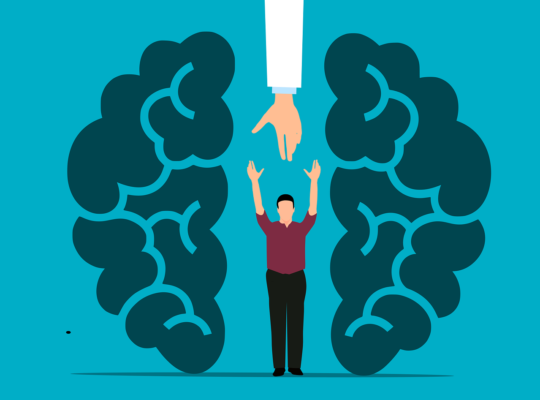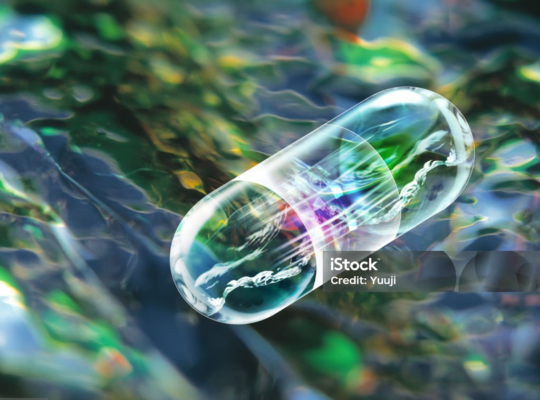Why Drinking Water is Essential for Health ?

Water is essential for life, comprising about 60% of the human body. Despite its importance, many people do not consume enough water daily. Hydration plays a crucial role in maintaining overall health, affecting everything from physical performance to cognitive function. This article will explore the importance of hydration, the signs of dehydration, the benefits of drinking water, and tips for ensuring you stay adequately hydrated.
The Role of Water in the Body
Water is involved in nearly every bodily function. Here are some key roles that water plays:
1. Regulating Body Temperature
Water helps regulate body temperature through sweating and respiration. When the body heats up, sweat is produced, which evaporates from the skin, cooling the body down.
2. Transporting Nutrients and Oxygen
Water serves as a transport medium for nutrients, oxygen, and waste products. It helps deliver essential nutrients to cells and removes waste, keeping the body functioning optimally.
3. Supporting Digestion
Water is vital for digestion and the absorption of nutrients. It helps break down food, making it easier for the body to absorb nutrients. Adequate hydration also prevents constipation by softening stool.
4. Cushioning Joints
Water acts as a lubricant and cushion for joints, helping to prevent friction and reduce the risk of injury during physical activities.
5. Maintaining Skin Health
Proper hydration keeps the skin hydrated and can improve its appearance. Dehydrated skin can lead to dryness, flakiness, and premature aging.
6. Supporting Metabolic Functions
Water is crucial for various metabolic processes, including the conversion of food into energy. Adequate hydration helps maintain a healthy metabolism.
Signs of Dehydration
Recognizing the signs of dehydration is essential for maintaining health. Common symptoms include:
- Thirst: A primary signal that the body needs more water.
- Dark Yellow Urine: Well-hydrated individuals typically have light yellow or clear urine. Dark yellow urine indicates dehydration.
- Fatigue: Dehydration can lead to feelings of tiredness and lethargy.
- Dry Mouth and Skin: Insufficient hydration can cause dryness in the mouth and skin.
- Dizziness or Lightheadedness: A lack of water can lead to decreased blood volume, causing dizziness.
- Headaches: Dehydration can trigger headaches or migraines.
It’s important to listen to your body and respond promptly to these signals.
Benefits of Drinking Water

Staying adequately hydrated offers numerous health benefits:
1. Improved Physical Performance
Dehydration can significantly impair physical performance. Studies show that even mild dehydration can affect strength, endurance, and overall exercise performance. Staying hydrated helps maintain energy levels during physical activities.
2. Enhanced Cognitive Function
Hydration is linked to improved cognitive performance. Adequate water intake has been associated with better concentration, alertness, and memory. Even mild dehydration can lead to difficulty focusing and increased fatigue.
3. Weight Management
Drinking water can aid in weight management. Often, the body confuses thirst with hunger, leading to unnecessary snacking. Drinking water before meals can promote a feeling of fullness, reducing overall calorie intake.
4. Detoxification
Water plays a critical role in flushing out toxins and waste products from the body. Proper hydration supports kidney function, helping to filter waste from the blood and excrete it through urine.
5. Improved Mood
Research suggests that adequate hydration can positively affect mood and reduce feelings of anxiety. Dehydration has been linked to irritability and mood swings, while proper hydration can help maintain emotional stability.
6. Healthy Skin
As mentioned earlier, hydration is vital for skin health. Drinking enough water can help maintain skin elasticity and prevent dryness, promoting a healthy, glowing complexion.
Tips for Staying Hydrated
Incorporating more water into your daily routine can be simple and enjoyable. Here are some tips:
1. Carry a Water Bottle
Having a reusable water bottle on hand encourages regular sipping throughout the day. Choose a bottle with measurements to track your intake.
2. Set Reminders
Use your phone or apps to set reminders to drink water at regular intervals. This can help you develop a habit of staying hydrated.
3. Flavor Your Water
If plain water feels boring, add flavor with slices of lemon, cucumber, or fresh herbs like mint. Infused water can be more enjoyable and encourage you to drink more.
4. Eat Water-Rich Foods
Include fruits and vegetables with high water content in your diet. Options like cucumbers, watermelon, oranges, and strawberries can contribute to your overall hydration.
5. Drink Before Meals
Make it a habit to drink a glass of water before each meal. This not only helps with hydration but can also aid digestion.
6. Monitor Your Intake
Track your daily water intake using apps or journals. Aim for the recommended amount, which varies depending on individual factors such as activity level and climate.
7. Be Mindful of Caffeine and Alcohol
Caffeinated and alcoholic beverages can contribute to dehydration. Balance these drinks with additional water to maintain hydration.
Conclusion
Hydration is a cornerstone of good health, influencing physical performance, cognitive function, and overall well-being. By understanding the importance of water and recognizing the signs of dehydration, you can take proactive steps to ensure you stay adequately hydrated. Incorporate simple strategies into your daily routine, and prioritize water as a key component of your healthy lifestyle. Remember, your body is about 60% water—keep it happy and healthy by drinking enough!







